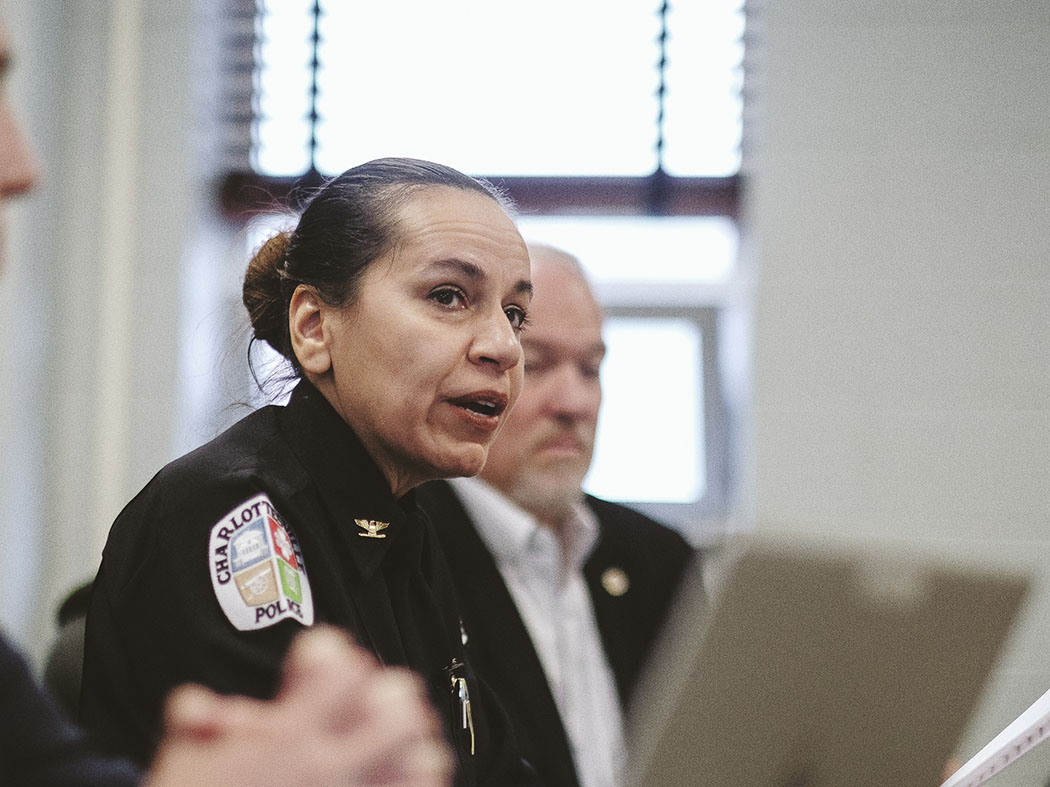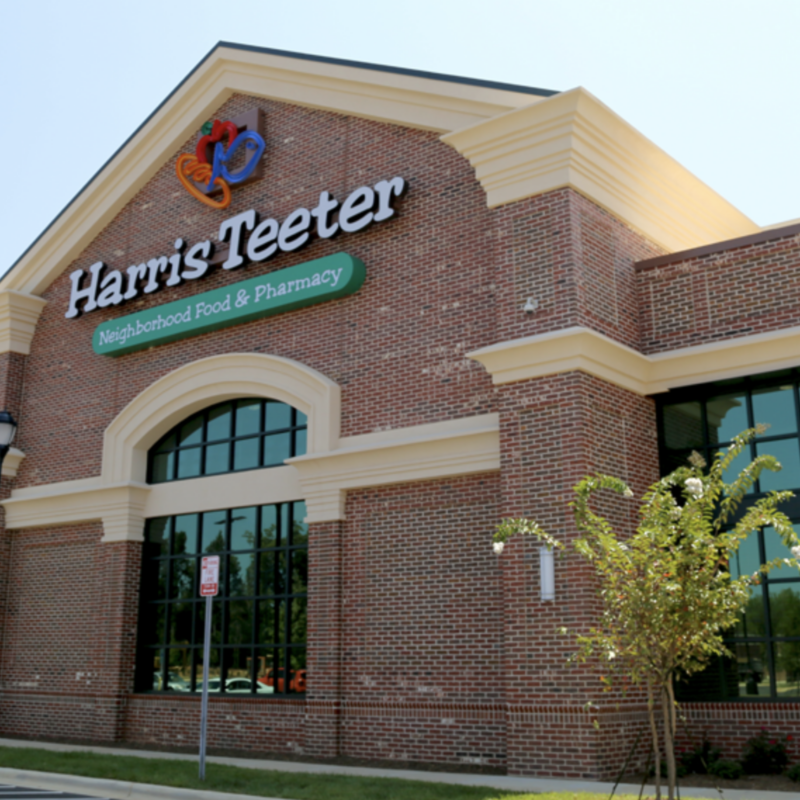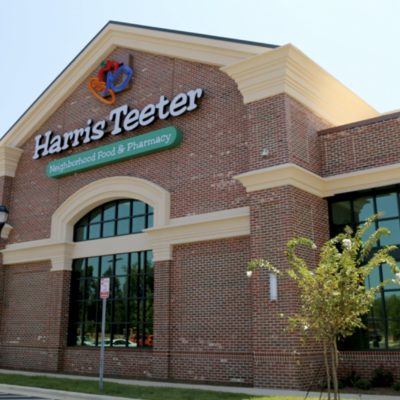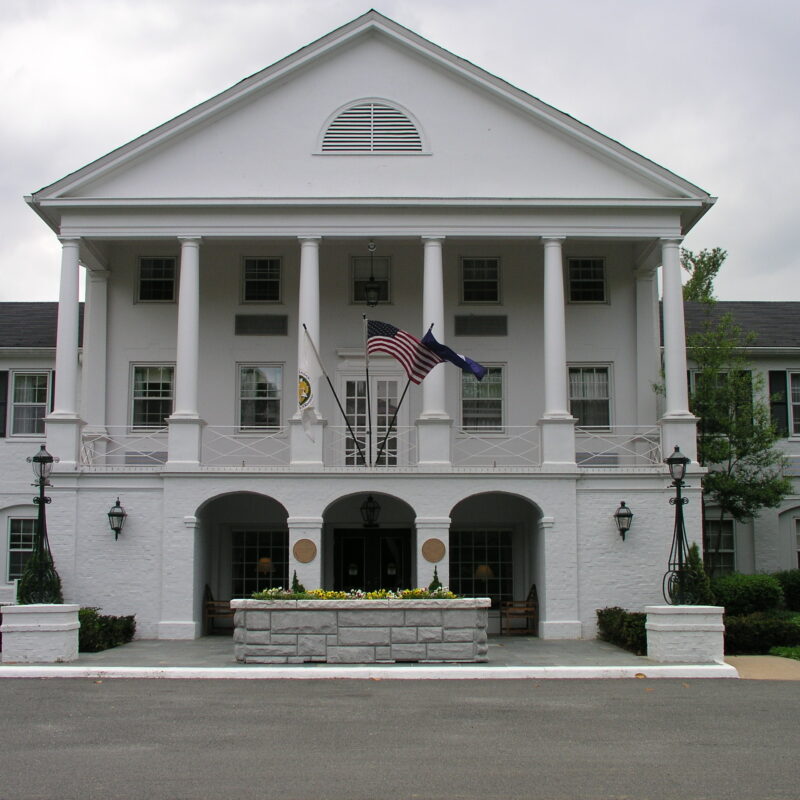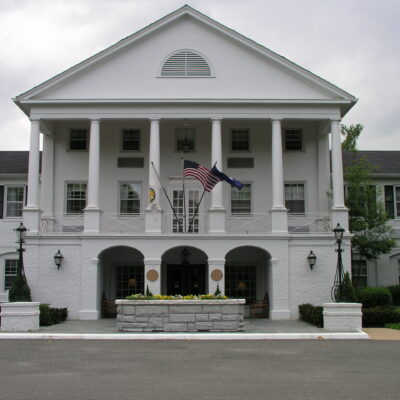By Brielle Entzminger and Ben Hitchcock
Three weeks ago, Charlottesville City Manager Chip Boyles announced that he had decided to fire Police Chief RaShall Brackney. The city will open a national search for the next chief of police, though community members and city councilors alike feel the reasons for Brackney’s dismissal remain murky. And for a city beset with organizational turmoil—and a police department that’s proven itself resistant to reform—the path forward is anything but clear.
Questions remain
Brackney, the first Black woman to serve as Charlottesville’s police chief, was hired in the aftermath of the Unite the Right rally and relieved of duty after less than three years in charge. Shortly before her departure, the area Police Benevolent Association released an anonymous survey of 66 police officers, in which they expressed their dislike for Brackney and a lack of faith in her leadership. After that, the city made public multiple documents detailing police officers’ bad behavior, and implying that Brackney’s unpopularity was a result of her attempts to change the department’s racist and sexist culture.
Boyles has not taken media questions about Brackney’s firing, though he has penned two press releases and a Daily Progress op-ed explaining his decision.
The survey of officers “revealed substantial concerns of trust and confidence in the leadership,” wrote Boyles in the Progress last Sunday. “While great strides were made during Chief Brackney’s time with the department in areas of racial equity and addressing officer conduct, many of these changes came about at the expense of leadership mistrust among many of the officers we depend on to protect and serve our city.”
Boyles claimed that he wished he could have involved City Council more in his decision and worked with Brackney to develop an “improvement plan,” but felt that he needed to act quickly before the department became “gripped in chaos.”
“I took decisive action to prevent key leadership positions—which were in jeopardy of becoming vacant—from erupting into deeper divides within the department,” he explained. “I did not expect to be confronted with such anger and vitriol…I felt the larger community would respect my intentions.”
Mayor Nikuyah Walker, who criticized Brackney’s firing, said it was the last straw in a decision to cancel her own November re-election campaign. At Monday night’s City Council meeting, she pressed Boyles for answers about his decision-making process.
Boyles said he spoke with half a dozen police officers, met with the Police Benevolent Association twice, and consulted other law enforcement agencies including the UVA Police Department, the Albemarle County Police Department, and the Emergency Communications Center. The city manager said he couldn’t go into more detail because he felt the officers and leaders he’d consulted had a “confidentiality right” when they spoke with him about the chief.
“You have said in the past that the reforms that were taking place were necessary,” Walker told Boyles. “I think you should be able to give us a general understanding of what the complaints were, and how you made a decision that those complaints were more important than reforming racist policing practices that have devastated the Black community in this city.”
Walker reiterated that she felt her fellow city councilors were not concerned enough about the circumstances surrounding the firing. “The rest of you just sit there and don’t say anything,” Walker said. She specifically addressed Lloyd Snook, a defense attorney: “Unless you’re motivated by getting more clients for you to provide inept defense for, you should be concerned about how police treat citizens in this community.”
“I certainly want greater clarity on motivations of the decision, and what the plan is for the future direction of the department, as well as criminal justice reform efforts that the department was involved in,” Councilor Michael Payne said to Boyles. Payne felt that the timing of the firing suggested the decision was a “direct response to the PBA.”
“Regardless of intent,” Payne said, “it sends a message that reform had gone too far.”
Brackney in hindsight
Charlottesville leaders who have followed the police department closely in recent years say the city has to learn from this saga in order to move toward its stated police reform goals.
Local activists Don Gathers and Rosia Parker appreciated Brackney’s efforts to modernize the department and address longstanding racial issues. They praised her for ending the department’s relationship with the Jefferson Area Drug Enforcement Task Force and dissolving the CPD SWAT team after reports of misconduct surfaced. Brackney also was supportive of the Obama administration’s report on 21st-century policing, which emphasized police transparency and accountability, outlined specific use-of-force policies, and detailed critical steps toward police reform.
Gathers also understands the immense pressure Brackney faced.
“Coming in on the heels of the Unite the Right rally, any chief was going to have issues,” says Gathers. “I’m not sure if she ever fully embraced the community as some would have hoped she would have, but I’m certain there was at least a popular segment of the community who never embraced her.”
Albemarle County detective and Central Virginia Police Benevolent Association president Mike Wells worked to push the survey into the public eye, and has praised the decision to fire Brackney. Wells did not respond to a request for comment.
Parker had issues with the former chief’s communication—she says that Brackney lied to the community about her actions multiple times, and spoke publicly against her and other community members. She wishes that Brackney had established a memorandum of understanding with the city’s public housing communities, too, in order to keep “out of control” officers in check.
Local civil rights attorney Jeff Fogel supported Brackney’s efforts to eradicate the department’s outdated “warrior mentality.” He thinks Brackney shouldn’t have hesitated to alert the public of the changes she made.
“I’m sorry she didn’t talk more about some of the things she had done inside of the police department that got some of these officers rattled,” says Fogel. “The community would have supported her in those endeavors, instead of being critical of her in certain other endeavors.”
Job description
To successfully implement the crucial reforms many in the community have called for, the new police chief must understand Charlottesville’s complicated history and politics, and be committed to 21st-century policing, the activists say. They should also be strong-willed and have thick skin, but be able to listen to the entire community and find common ground.
A new chief should “at least have some type of knowledge of what it is that you’re going to do when you come here to Charlottesville,” says Parker, who was a key part of the creation of Charlottesville’s Police Civilian Review Board. “You’re coming in behind so many different things that have taken place within the department. And have an understanding of what is the meaning for what Black people are going through today.”
Parker emphasizes that the chief should have a “no-nonsense” attitude, and not hesitate to hold officers accountable and discipline them when they are out of line. They should also prioritize building strong, transparent relationships with the community and the Police Civilian Review Board.
Gathers wants the new chief to be a person of color. At the same time, Charlottesville must drastically improve its treatment of Black leadership, he says. Since the Unite the Right rally in 2017, two Black police chiefs and two Black city managers have either resigned or been fired, and the Black mayor has decided not to seek re-election.

“The person who was next in command [to Brackney] was a Black man with over 30 years of service to the community,” says Gathers, referring to Captain Tito Durrette. “Instead of giving [the position] to him, we asked Mr. Mooney to un-retire and lead the charge…that truly was a slap in the face to the Black community.”
Fogel believes the city needs to do more than hire a new chief to solve its policing issues—it needs to completely overhaul the department. The new chief must recruit new officers who are committed to progressive policing, and fire everyone who is not, he says.
“We have to start sweeping up that department from the bottom up,” says Fogel. “And if Chip Boyles expects somebody to come in and clean out that department without having some upset police officers, he’s got his head buried in the sand.”
“Overall, we’re going to have a hard time replacing [Brackney]—there aren’t that many police chiefs who have a progressive view of the role of police,” he adds.
In the meantime, Fogel remains concerned about the department’s current leadership, and fears that officers will retaliate against local residents, pointing to the survey participants who expressed disdain for the community.
“They don’t trust this community. They are making demands to trust [them], yet have not shown any reason why the community should trust them,” he says.
No matter who takes charge of the department next, activist Ang Conn of Charlottesville Beyond Policing does not expect much to change.
“We’re speaking about trying to reform an institution created by white men in order to inflict harm and even death, at will, upon Black and Indigenous people to benefit white property—structural and human beings—owners,” says Conn. “These same ideals and practices have been transformed over time to fit in with social norms.”
“There’s no reforming that,” she adds.
Now hiring
At the end of Monday’s council meeting, city leadership discussed the process for hiring a new chief. Boyles said the city will first have to hire an interim chief, and that person would ideally be someone from within Virginia who could start almost immediately. Then the city will conduct a national search for a permanent candidate. The search process will require retaining a firm and consulting with community groups.
The last time Charlottesville had to retain a search firm to select a candidate for a major position was in January, when Tarron Richardson’s resignation left the city without a city manager. That hiring firm wound up calling off their contract when the firm’s boss told Snook that he had “never seen a level of dysfunction as profound as what he was seeing here.”
Both Walker and Payne said they were concerned that the applicant pool of potential chiefs wouldn’t exactly be brimming with reform-minded progressives. Boyles agreed with the councilors that it was vital for the new chief to arrive with a desire to change the department.
Walker suggested amending the city’s charter to allow City Council to have approval on high-ranking city appointments such as police chief. Currently, the hiring power lies with the city manager.
“This may be a very difficult position to fill,” Boyles said of the vacancy he created.
